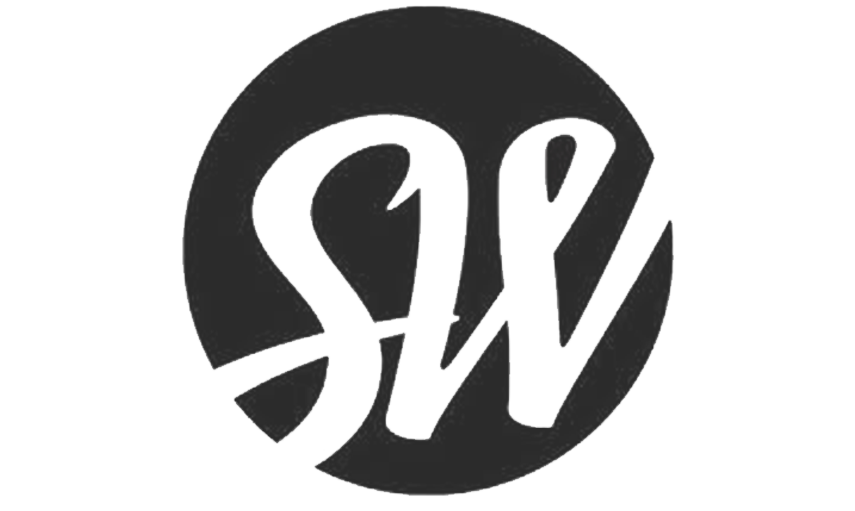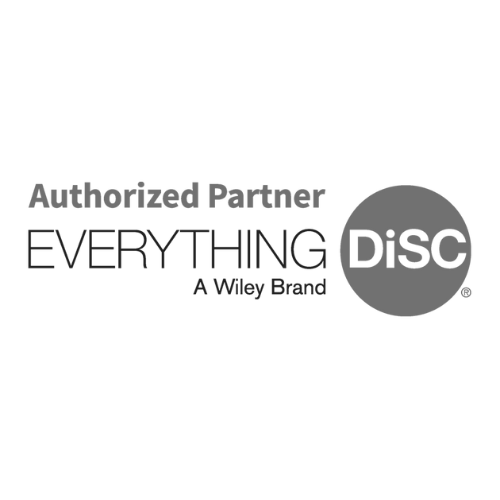Many of the clients that we work with are not aware of the need to comply with California’s wage statement provisions. And when we advise them as such, turns out that it can be more difficult than they thought.
Under California Labor Code Section 226(a), employers are required to include nine specific items on the pay statement as follows:
Gross wages earned
The total hours worked by the employee (unless the employee is exempt from overtime)
Deductions made from wages
Net wages
Beginning date and end date of the pay period
Employee’s name and ONLY the last four digits of the employee’s Social Security number
Name and address of the legal entity of the employer
Hourly rate (separate line for each type of hourly rate, such as overtime, double time, travel time, etc.) and corresponding number of hours worked at each rate.
Number of sick days available under the Healthy Workplace Family Act
The Department of Labor Standards Enforcement (DLSE) enforces that these items are listed, and failure to do so can create significant per pay period penalties translating to thousands of dollars in liability.
Frequent mistakes that we see by our clients include:
Relying on third party payroll services to ensure that they are compliant with California law
Failing to list the total hours worked in the pay period
Failing to include the start or end date of the pay period
Not having the employer's complete legal name listed or listing the DBA
Not including the employer's address on the pay stub
Failing to break down different hourly rates, commissions, bonuses, etc.
Additional requirements must be followed for paperless pay stubs.
Essential HR recommends that you regularly audit your pay stubs to ensure that they are compliant. Contact us to assist with the process and to ensure that your organization is protected from liability.







